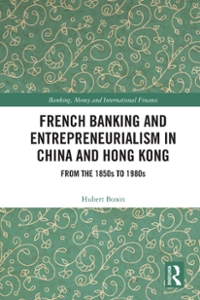Question
4. Non-tradable natural resources In many countries, tourism is an intensive sector in natural resources (e.g. urban land on the coastline, beaches, clean air, biodiversity)
4. Non-tradable natural resources
In many countries, tourism is an intensive sector in natural resources (e.g. urban land on the coastline, beaches, clean air, biodiversity) that are not easily renewable and whose stock tends to diminish. The development of a tourist destination generally consumes a high proportion of these, which is why these economies are often referred to as resource-based economies. International trade allows these natural resources, which in principle are not tradable, to be implicitly exported each time a foreign tourist consumes them. Use your economic intuition to develop a hypothesis on how urban land prices are determined.
(a) Assume that Spain is a closed economy, as a result tourism demand is formedonly by domestic consumers. How, do you think that urban land prices are determined?
(b) Now, assume that, given the comparative advantage in tourism, Spain opensits economy to international tourism. Analyze how opening up of the economy affects relative prices of tourism respect to the closed economy situation. Also, analyze how relative demand and relative supply of tourism is going to be affected.
(c) Given that the production of tourism services entails a great use of non-tradablenatural resources (i.e., urban land), explain how international tourism affects housing prices.
(d) Formulate some hypotheses on how this affects resident's welfare depending onwhether local residents are householders that own real state properties or are tenants.
Step by Step Solution
There are 3 Steps involved in it
Step: 1

Get Instant Access to Expert-Tailored Solutions
See step-by-step solutions with expert insights and AI powered tools for academic success
Step: 2

Step: 3

Ace Your Homework with AI
Get the answers you need in no time with our AI-driven, step-by-step assistance
Get Started


